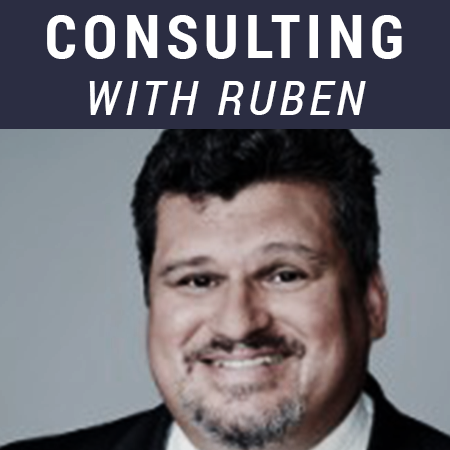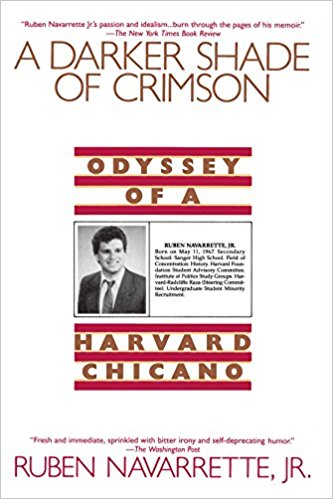Some people think that, if you get fired, it must be for a good reason. Those people should not take jobs in media, where you can get fired for little or no reason at all.
Which brings us to the unfortunate — and, it appears, unfair — case of what happened to Tavis Smiley.
Last week, PBS indefinitely suspended distribution of the 53-year-old African American’s eponymous nightly show amid allegations of sexual impropriety. In a statement, the network said that it hired legal counsel to conduct an investigation into “troubling allegations” and that the inquiry “uncovered multiple, credible allegations of conduct that is inconsistent with the values and standards of PBS.”
That’s awfully vague. No tote bag for you, PBS.
Variety magazine reported that Smiley is accused of having “sexual relationships with multiple subordinates … some witnesses interviewed expressed concern that their employment status was linked to the status of a sexual relationship with Smiley.”
In other words, based on what has been reported so far, it sounds like Smiley was dating subordinates. That’s not smart, but nor is it unheard of in the American workplace.
I’ve known this man for 23 years in a friendship that started when we co-hosted a Los Angeles radio show in our 20s. Smiley went on to build a media empire and provide a powerful voice for black America.
And he made a few enemies along the way — especially when he bravely criticized Barack Obama, the nation’s first black president, for not being sufficiently attentive to the problems facing the African American community.
The professional talker has hit the airwaves to blast PBS for making a “huge mistake” by rushing to judgment after a “sloppy investigation.” PBS accused Smiley of being inconsistent in his public comments. Smiley responded that the network is bent on “public humiliation” and “personal destruction,” and that he was denied due process.
With respect, that’s where my old friend goes wrong.
Media personalities are not civil servants. You want tenure and no pressure to produce results? Become a professor. You want to duck accountability? Schools need teachers. You like having a union to protect your job? You might make a good police officer.
But if you begin a career in media, you need to know what you’re in for. If you want fame and a decent salary, you’ve come to the right place. But if you want job security, you’ve taken a wrong turn.
Ratings down? You’re gone. On-camera friction with a co-host? Adios. Publisher telling departments to do more with less? Great working with you.
In the last 27 years, I’ve had no fewer than two dozen media jobs in seven cities. And I’ve been fired six times.
Media work offers no guarantees. You work at the pleasure of whatever company employs you. That’s the trade-off.
Of course, in the case of many of the media figures who have recently been fired or suspended, or had their shows canceled by media companies because of alleged sexual misconduct, there was good reason for the companies to cut ties.
Overall, this wave of exposing sexual harassment, and even sexual assault, by high-profile media figures is a good thing. It needs to continue.
But as with any movement, there will be collateral damage. There is a difference between showing bad judgment and engaging in bad behavior.
And sometimes it’s the media companies that themselves behave badly by cynically using the wave of sexual harassment allegations as a convenient excuse to get rid of people they don’t like or for whom they no longer have use.
I’ll tell you why I believe Smiley was let go: It’s because he was rumored to “hate” some of the folks at PBS.
Jacques Hyzagi, a disgruntled former senior producer on the show, wrote a hatchet piece for LA Observer in February. Hyzagi recalled that Smiley once told him: “I hate the people who run PBS. I hate Beth Hoppe, Mary Nelson, Mishi (Margaret Ebrahim). Every single one of them … and they hate me too.”
Media companies never admit their real motives because they care too much about their public image, and they would rather ruin the reputation of others than harm that image.
It’s despicable. Even more so if the person pushed out is a person of color in an industry run by white people.
Hyzagi claims that Smiley told him: “I’m the only black guy on PBS. All these white people are waiting for me to tumble.”
And because of his recklessness, he did. Smiley doesn’t deserve all the public shaming. Then again, PBS never deserved Smiley.
No partnership is perfect. But this one was poisonous.
© 2017, Washington Post Writers Group
Email: ruben@rubennavarrette.com. His daily podcast, “Navarrette Nation,” is available through every podcast app.





